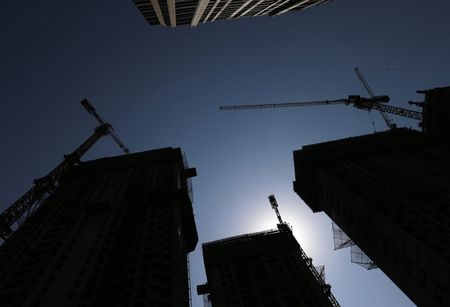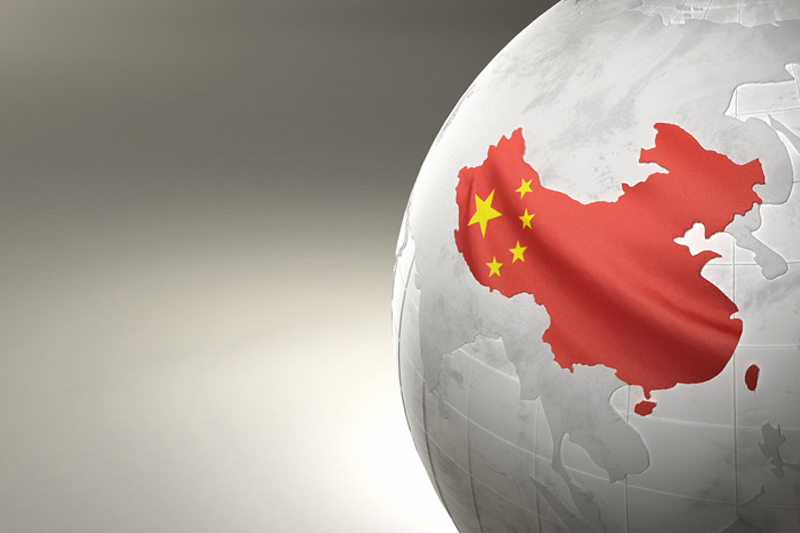By Kevin Yao
BEIJING (Reuters) - When China's top leaders gathered at the seaside resort town of Beidaihe last month, they agreed the economic focus for the rest of the year would be to put reform ahead of stimulus and accept growth could come in below their target of 7.5 percent.
That means a major stimulus move, such as cutting key interest rates or bank reserve ratios is unlikely, but authorities are ready to step in if unemployment rises, according to policy insiders briefed on the secret discussions.
The shift reflects President Xi Jinping's talk of a "new normal", that China should adapt to relatively slower growth after three decades of breakneck expansion, and is having a profound impact on the policymaking process, the sources said.
"The priority level of reforms and anti-corruption is clearly higher than short-term policy adjustments," said an economist at the National Development and Reform Commission, the nation's top economic planning agency.
"The leadership's overall thinking on the economy has changed in line with the political cycle," said the economist, who requested anonymity due to the sensitivity of the matter.
The government's bottom line is stable employment and no widespread debt defaults. Under that scenario, growth of 7.3-7.4 percent this year is seen as acceptable, and the government may cut the growth target in 2015, the sources said
That stance has been tested over the past week. Data showed factory output grew at its weakest annual pace in nearly six years in August, home prices fell for a fourth month, and other figures added to the view of an economy struggling to gain momentum.
The economy also suffered a capital outflow in August, with the central bank and commercial banks selling 31.1 billion yuan worth of foreign exchange on a net basis, according to a Reuters calculation based on central bank data.
Media reports this week say the central bank will make available 500 billion yuan (49.7 billion pounds) in short-term funds through the five biggest banks.
The money will help keep markets liquid ahead of the week-long national holidays in October, a run of stock offerings, and new rules on how banks have to manage month-end deposit levels.
"A cut in interest rates or bank reserve ratios across the board may not happen this year," said Zhang Bin, senior economist at the Chinese Academy of Social Sciences (CASS), a top government think-tank in Beijing.
"The poor data may not necessarily be a bad thing - it's unavoidable if you want to push structural adjustments."
TARGETED POLICY
The policy balance tilted from reform towards supporting the economy in April, after first-quarter growth slowed to an 18-month low of 7.4 percent. The stimulus lifted growth in the June quarter, but since then activity has weakened again.
Still, policymakers feel more relaxed about the latest bout of poor data compared to April, taking comfort from a stable job market and a relatively resilient services sector, the sources said. One of the aims of the reform agenda is to make consumption and services bigger engines of growth.
There were 9.7 million new jobs in the first eight months of 2014, a rise of over 100,000 from a year earlier and almost hitting the annual target.
"Employment is more important than economic growth. Employment holds up well, although growth data is not good," said Lian Ping, chief economist at Bank of Communications in Shanghai.
Apart from another injection of funds, the central bank could expand targeted reserve requirement cuts to bigger banks, or use its new Pledged Supplementary Lending tool to make loans to selected banks.
REFORMS
Beijing is under pressure to deliver results nearly a year after outlining a sweeping reform agenda. In recent weeks, it has released plans to overhaul the fiscal system and state-owned enterprises, which dominate many corporate sectors.
Still, the government is treading cautiously in pushing major reforms to avoid hurting the economy. A long-expected step to free up bank interest rates has been pushed back for fear of higher borrowing costs for the real economy, one analyst said.
President Xi has also launched a sweeping crackdown on corruption, warning the problem is a threat to the Communist Party's very survival.
The anti-corruption drive has hit sales of luxury goods and expensive dining and also cooled down a craze among local governments to launch new investment projects.
"Radical reforms will not be adopted by the government. Every government in the world seeks to steer the economy towards a soft landing," said Zhao Yayun, senior economist at Chongyang financial institute of Renmin University.

(Editing by John Mair)
